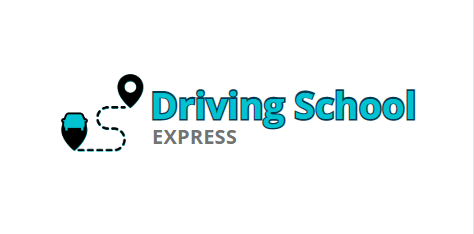As a former truck driver and CDL driving instructor for Prime, Inc., I sometimes get asked how to start truck driving in the United States with no experience.
Truck driving was one of the best experiences of my life, so I wanted to share this guide on how to start truck driving in the U.S.
Here are some pictures of me and the trucks I used to drive:
My first truck.
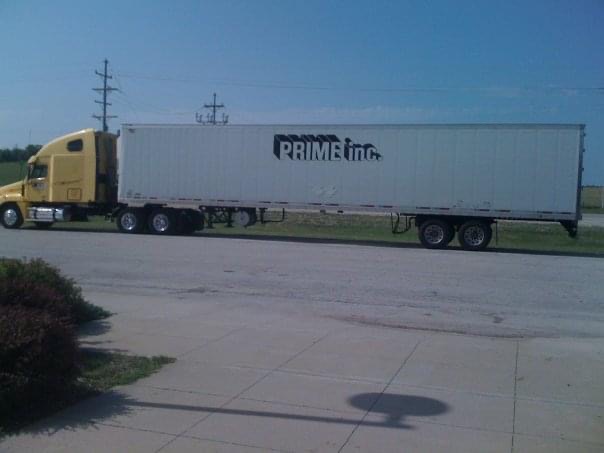
This is my second truck.


Becoming A Truck Driver In The United States Is Relatively Easy!
The trucking industry in the United States is always in dire need of drivers. While there has almost always been a truck driver shortage, that is more true now than ever before.
Since there is such a demand for truck drivers, this is one of the easier industries to break into. You don’t need a fancy degree, you don’t need prior experience, and many trucking companies will even pay you to go through truck driving school, then give you an immediate job offer.
However, unlike normal driver’s ed courses, obtaining a commercial driver’s license is much more thorough with additional requirements.
Requirements To Become A Truck Driver In The United States
While trucking is a relatively easy industry to get into, there are some very basic requirements that you must meet. If you want to start truck driving in the U.S., you’ll first need to know if you meet the requirements. While every company has its own standards, this is pretty typical:
Minimum Requirements To Become A Truck Driver
- Must be at least 21 years old with a valid US driver’s license for the past 12 months
- Be able to obtain U.S. Passport and TWIC Card
- Have a verifiable work history and references
- Have an acceptable motor vehicle record
- Must be able to meet minimum medical qualifications set by the Federal Motor Carrier Safety Administration
Required Documents To Become A Truck Driver
Applicants must typically present one or more of the following:
- US Passport
- State Certified Copy of Birth Certificate or INS paperwork that shows US Citizenship or that a permanent residence has been established and is current.
Criminal History Requirements To Become A Truck Driver
Some people with a criminal history ask, “is it possible to become a truck driver with a felony?”
The answer is YES, you are able to become a truck driver with a felony. In fact, most felony convictions will not prohibit you from obtaining a CDL. Here are some of the felony convictions that WILL disqualify you from obtaining a commercial driver’s license, but this is not an all-inclusive list as it will vary depending on the state you live in:
- Using a commercial vehicle in the commission of a felony
- Manslaughter in the first or second degree with a motor vehicle
- Misconduct with a motor vehicle
- Causing a fatality through negligent/reckless vehicle operation
- Operating a vehicle with a BAC of .08% or higher
- Extortion
- Bribery
- Smuggling
- Arson
- Treason
- Assault with intent to murder
Obtaining a CDL is only the first step, though. Even if you obtain a CDL, most truck driving companies have their own criminal history standards. There are many factors that will be considered such as:
- Time since your conviction. The more recent, the more difficult it will be to gain employment.
- Type of crime committed. Violent crimes or crimes that involve theft could be grounds for disqualification.
- Multiple felony convictions. If you have multiple felony convictions on your record, your options may be very limited.
- Probation/parole or other court-mandated restrictions. If you are unable to cross state lines, or in some cases, cross into Canada, a company may not be able to hire you.
Since each company has its own requirements, it’s best to call recruiters at different companies to see if your criminal record will disqualify you from employment.
Do not lie or try to conceal your criminal history! Trucking companies have very thorough background checks and they WILL find your record. These truck driving companies are not expecting you to be a perfect angel. If you own up to your history and are honest about it, they likely won’t care. But if you lie and they find out, they will fire you.
Medical Requirements To Become A Truck Driver
The Federal Motor Carrier Safety Administration (FMCSA) sets the minimum medical requirements for truck drivers, but some companies have their own standards that exceed what the FMCSA requires. In order to start truck driving, you are required by law to disclose all treatment, medications, and medical information with the doctor that is conducting your DOT physical.
These are some of the basic requirements:
- Blood Pressure Levels: 140 over 90 or lower
- Eyesight: 20/40 or better in each eye (with corrective lenses if needed)
- Hearing: Must be able to hear a forced whisper at 6 feet
- Diabetic: Sugar levels must be well controlled with an A1c level of 10 or less. If you’re on insulin, you will need form MCSA-5870 which can be found on the FMCSA website.
- Heart-Related Issues: You will need cardiology clearance and possibly recent stress test or echocardiogram results.
This list is not exhaustive of every disqualifying medical condition, medication, or treatment. You should consult with a medical physician if you have any preexisting conditions.
In addition, many companies have body mass index (BMI) requirements. While not an automatic disqualifier, you may need to undergo a sleep study to determine if you have sleep apnea and if so, you will be required to use a CPAP machine.
Private Truck Driving Schools vs. FREE Company Sponsored Truck Driving Schools
If you want to start truck driving in the United States, you must first obtain a Commercial Driver’s License (CDL). In order to obtain a CDL, you will need to go through a state-approved truck driving school.
There are two types of schools you can go through. You can either sign up for a private truck driving school where you pay out of pocket, or you can sign up for a company-sponsored truck driving school at no cost (with some caveats which I will get to – nothing is FREE!).
Let’s go into more detail about which type of school is best for you.
How To Get A CDL Through A Private Truck Driving School
Private truck driving schools are typically operated by community colleges or local businesses. Here are some highlights of how they operate.
COST: The cost of signing up for a truck driving school is usually between $3,000 to $7,000 depending on the school and the area. Most schools will require this money upfront.
TIME IT TAKES: Private truck driving schools usually last 4 to 6 weeks in duration and they are full-time (40hrs per week) but some schools do offer more flexible part-time schedules. While some private truck driving schools offer housing arrangements, usually students go home at the end of each day.
WHAT IT’S LIKE: Once enrolled, you will typically spend the first week in a classroom preparing for the written exam. The second week is usually a mix between classroom time and introductory driving, both on a closed course as well as on public roadways. Most students will take and pass their written CDL exam at the end of the second week. The remaining two weeks are spent preparing for the driving exam (pre-trip inspections, precision driving maneuvers, etc.). And finally, after the last week, students will take their driving exam with a licensed Department of Transportation examiner.
AFTER GRADUATION: Once you pass both your written and driving exams, you will obtain your CDL and can start applying to your preferred entry-level trucking companies.
Also, note that most students in private truck driving schools begin applying to trucking companies right away to obtain a “pre-hire agreement.” This pre-hire agreement is a promise that the company will hire you as long as you pass and obtain your CDL, so you will have a job waiting for you as soon as you pass.
TUITION REIMBURSEMENT: In addition to sign-on bonuses that most trucking companies offer, you will likely also be eligible to get reimbursed for the cost of your tuition. Most entry-level truck driving companies will reimburse you during or after your first year of employment with them.
How To Get A CDL Through A Free Company Sponsored Truck Driving School
Many of the larger truck driving companies operate their own truck driving schools and offer training at no upfront cost to you. In fact, they will even pay you, provide you with housing, and provide meals during training. If you want to learn how to start truck driving in the U.S. for free, this is for you.
COST: FREE! But nothing is really free, right? The way it usually works is they will have a certain cost to their school, generally around $5,000. Instead of you paying this upfront, they will deduct the cost of the schooling from your paycheck during the first year of employment. Each paycheck, they will take out a little bit until you’ve paid back the $5,000. If you leave before that amount is paid back, you will owe them the remaining balance. If you stay employed for a full year, they will then REIMBURSE you each paycheck for the next year until you’ve been repaid the entire $5,000. This helps them to retain drivers and recoup their initial investment in you.
TIME IT TAKES: Like private truck driving schools, going through a company-sponsored truck driving school is usually 4 to 6 weeks. Students usually live on-site either in a dormitory or in hotel accommodations. Most companies will also provide meals during training.
WHAT IT’S LIKE: Company-sponsored truck driving schools usually have the same type of basic training that private truck driving schools offer, so read the description above.
AFTER GRADUATION: Once you obtain your CDL, you’ll immediately be given a job offer by the company that sponsored you.
Here’s a list of some truck driving companies that offer free CDL training:
Is Private Truck Driving School Or Company Sponsored Truck Driving School Better?
Obviously, if you don’t have the money up front to pay for truck driving school (most new drivers), going through a company-sponsored truck driving school is the way to go. You literally need no money and they will teach you how to start truck driving from start to finish. They will pay to bus you to their facility, provide you with housing, provide you with meals, and often will even give you a modest weekly income while going through school.
If you do have the money up front to pay for truck driving school, going through a private school might be better. You will get tuition reimbursement faster, have more options on companies to apply to, and you can go to school while still going home each day.
With all of this said, there really is no right or wrong way to go. If you polled the trucking industry it would probably be split 50/50 on which type of truck driving school is the best. It mostly just depends on your personal situation and what you prefer.
What Happens After Graduating From Truck Driving School?
Whether you attended a private truck driving school or a company-sponsored truck driving school, the next step is the same. You will be placed with a driver trainer and hit the road.
Even though you are fully licensed and legally able to drive a truck solo, entry-level trucking companies will want you to drive with a company trainer for 1-6 months depending on the company (usually around 2 to 3 months).
The company trainer will help teach you how to navigate congested city streets, deal with shippers and receivers, help you in tough backing or maneuvering situations, and all of the other things you’ll need to deal with once you’re a solo truck driver.
Once you’re done with company training, you’ll be issued your very own truck and you’re and you’re on your own!
Most Popular Types Of Truck Driving Jobs
Knowing how to start truck driving in the U.S. by obtaining a CDL is good information to have, but there’s more you should consider. You’ll also need to decide which type of truck driver you want to be.
There are many different types of truck driving jobs. Let’s go over the most common types of truck driving jobs in the United States and how they are different from each other. This is not all-inclusive but covers the main types of jobs.
Over The Road (OTR) Truck Driver
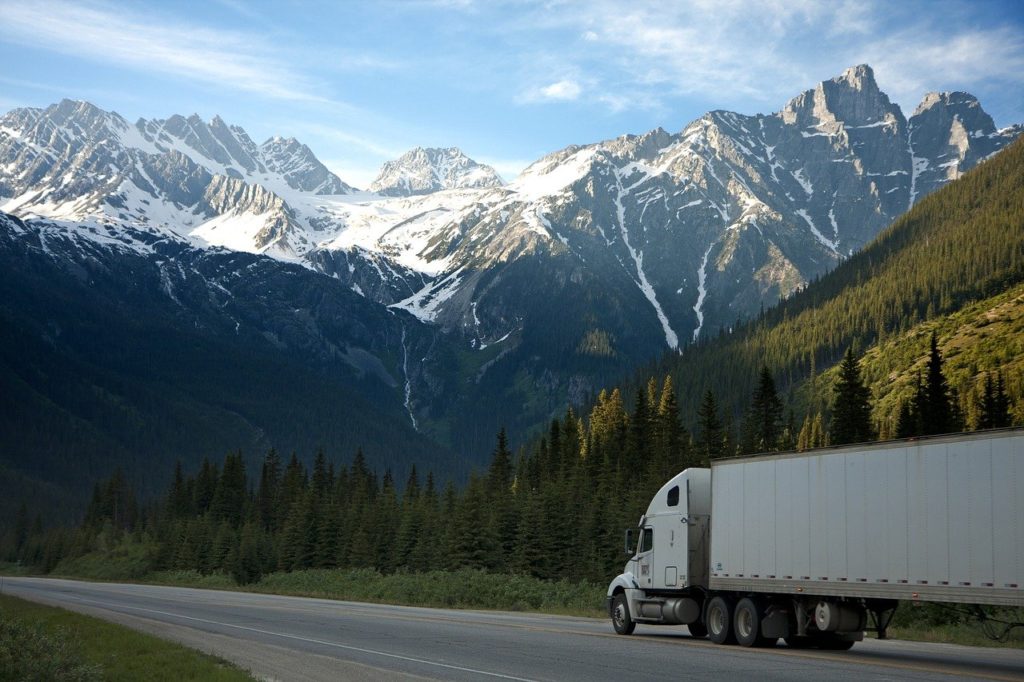
The VAST majority of new truck drivers start off as OTR drivers. Most non-truckers would know this as “long haul trucking” or something similar.
Basically, you will travel the country going where you’re needed & when you’re needed. Most of the large entry-level trucking companies operate in all of the lower 48 states as well as Canada. You might be on the east coast one week and the west coast the next. You never know.
This type of truck driving job is fantastic for those who love to travel and want to see the country. I saw all of the lower 48 states at least twice just in my first year!
It’s an exciting and very independent type of driving experience. You’ll see and experience A LOT along the way.
Unfortunately, OTR driving also has the most difficult work schedule of them all. You’ll be expected to drive at any time of the day or night. You’ll also be required to stay on the road for 3 to 6 weeks at a time. Usually, you only get 4 days off before you have to go out and do it all again. This is especially difficult for those with spouses or families, but most companies will allow you to have a spouse with you while you drive.
Regional Truck Driver
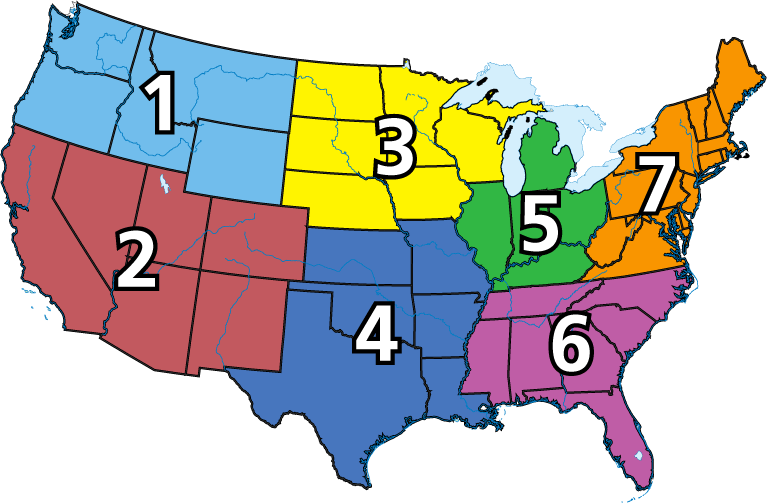
This is usually the first step new drivers take after driving OTR for about 1 year. A regional truck driver will stay in a specific region of the United States that is typically near their home. This allows most regional drivers to get weekly hometime.
While you will not see nearly as much of the country being a regional driver, being able to get home each week (usually for 2 days but not necessarily on weekends) is well worth it.
Dedicated Truck Driver
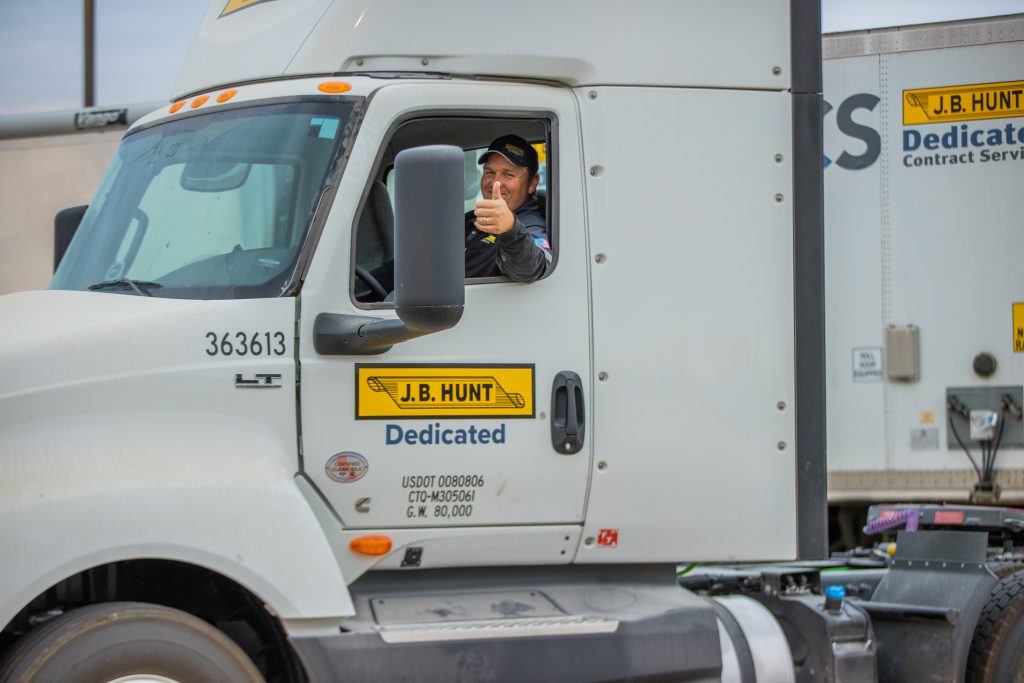
Another popular step after getting 1 year of experience as an OTR driver is to become a dedicated driver. A dedicated driver will drive for a dedicated account, usually driving the same route each day and picking up or dropping off freight at the same warehouses each day.
Obviously, this can get a bit boring driving the same route each day, but there are several benefits too. Many dedicated drivers are able to get home multiple times per week, even if it’s just for an overnight.
Dedicated drivers also get very familiar with the shippers/receivers, routes, and just know what to expect. With OTR driving, there is always a level of uncertainty and everything is always unfamiliar. But when driving for a dedicated account, you know exactly what to expect each day.
Local Truck Driver
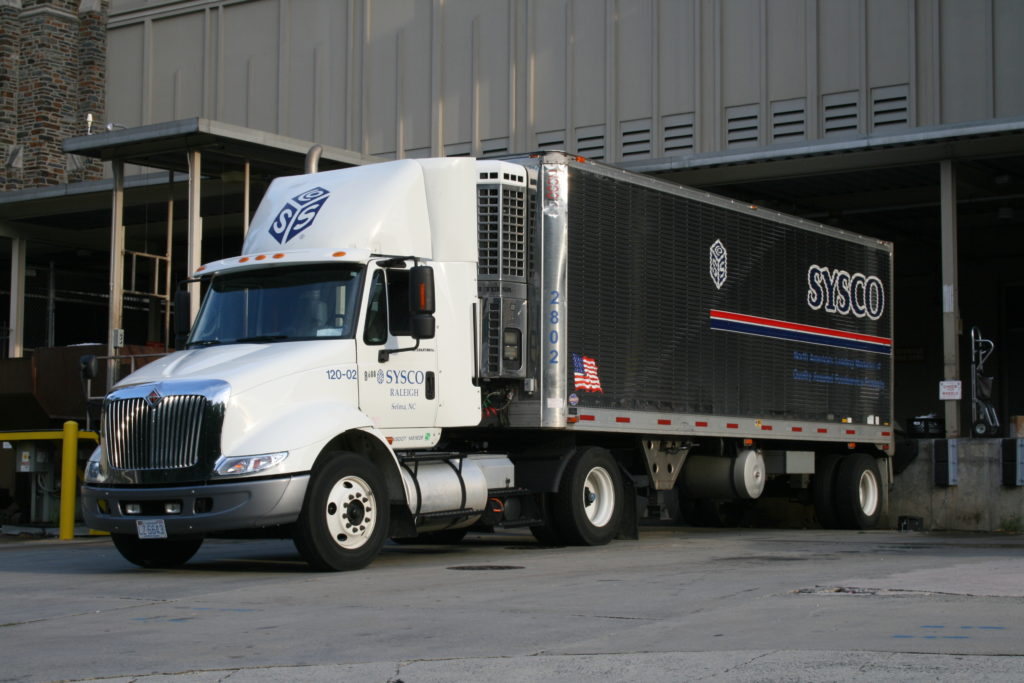
While lots of people get into truck driving because they want to travel, being a local truck driver is the ultimate goal for many.
As it implies, being a local driver means you stay local. The most obvious advantage of being a local driver is the hometime. Local drivers typically go home at the end of each shift just like any other “normal” job.
Local jobs have their drawbacks though. Most local driving jobs require more manual labor such as loading and unloading freight themselves. You will also be mostly driving in congested cities instead of on open highways, which can be very stressful. The hours are usually long and many local jobs require you to start driving very early in the morning.
Local driving jobs are one of the most popular types of truck driving jobs and usually require at least 1-3 years of prior truck driving experience.
Specialized Truck Driver
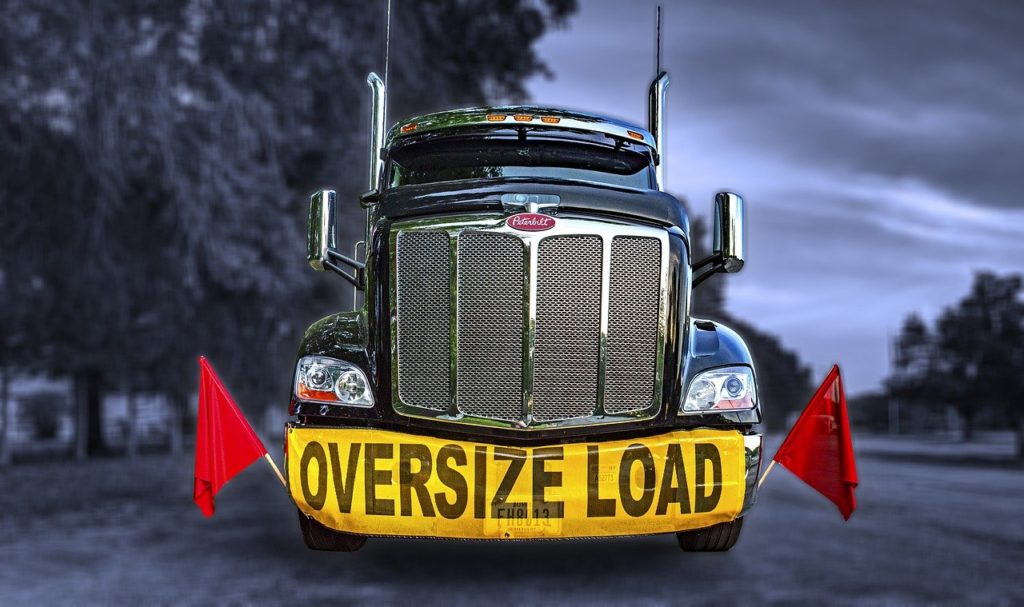
Specialized truck driving is usually the highest paid, but also requires the most experience (usually at least 5 years experience). A specialized driver will haul specialized freight such as oversize or overweight loads. These drivers usually work locally or regionally so the hometime and pay is good, but you are also given more responsibility and it can be more stressful.
Most Common Types Of Trucks
Lastly, let’s go over the most common types of trucks you can drive.
Dry Van
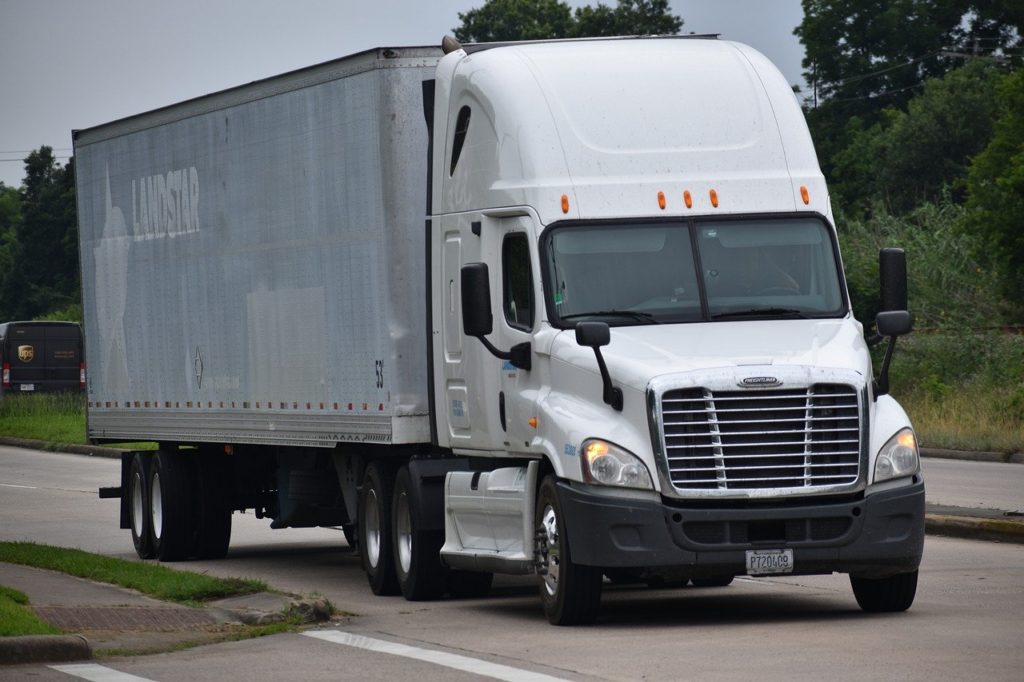
This is the most common type of truck, especially for new drivers. It’s basically just a warehouse on wheels to carry general products, typically in a trailer that is 53ft long.
Refrigerated (Reefer)
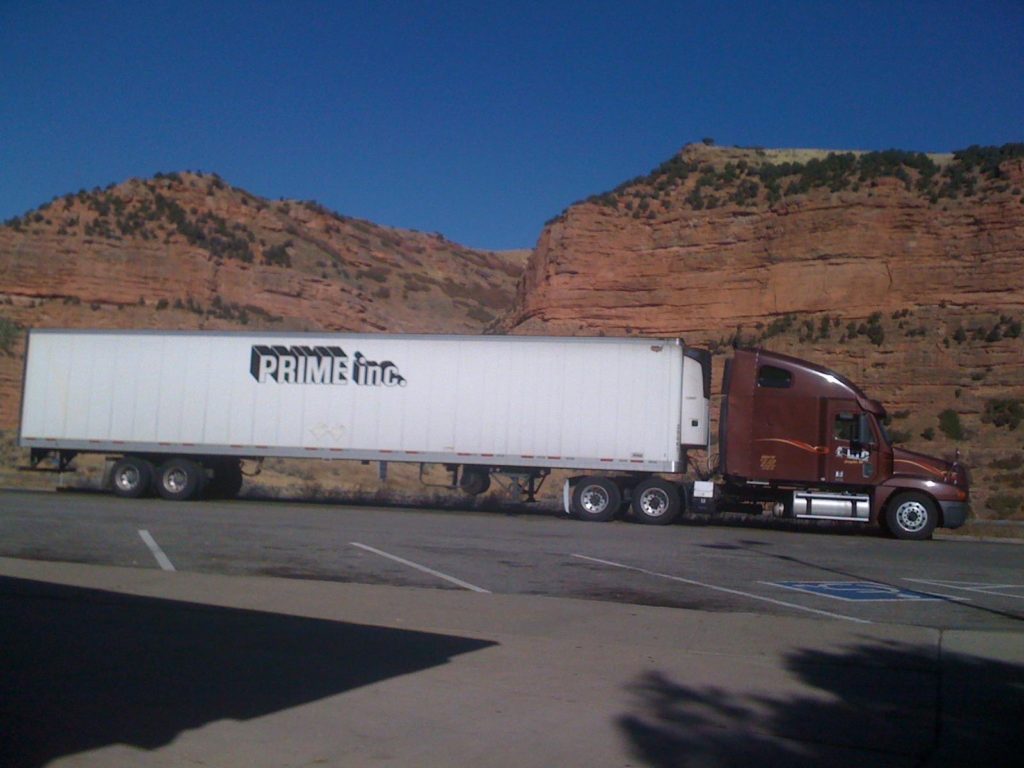
While many of us know “reefer” to imply something different, in the trucking industry a “reefer trailer” means “refrigerated trailer.” This is basically the same type of trailer as a dry van, but the trailer is insulated and has a refrigeration unit to keep the products’ temperature controlled. This is the second most common type of trailer and what I personally drove. Most new drivers usually start off with either dry vans or reefer trailers.
Flatbed
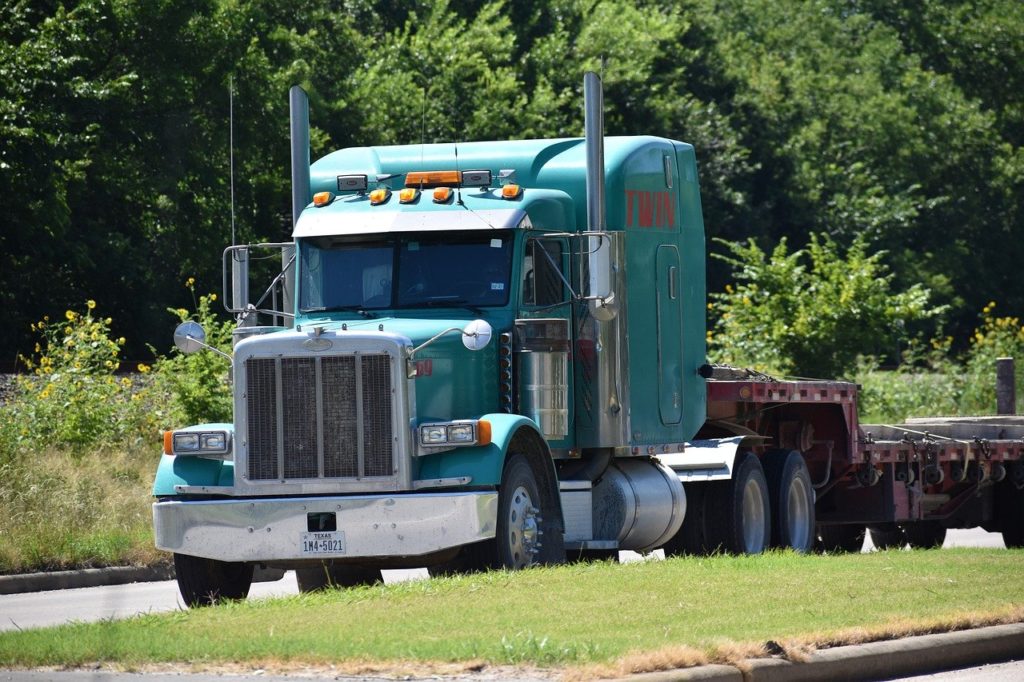
A flatbed trailer is usually used for construction equipment or other materials that won’t fit well in an enclosed trailer. While not as common for new drivers, there are several companies that accept new drivers in their flatbed divisions. Flatbed drivers are usually paid slightly more as they are required to secure and tarp their own freight once it is loaded on their trailer, so there is a bit more manual labor involved.
Tanker
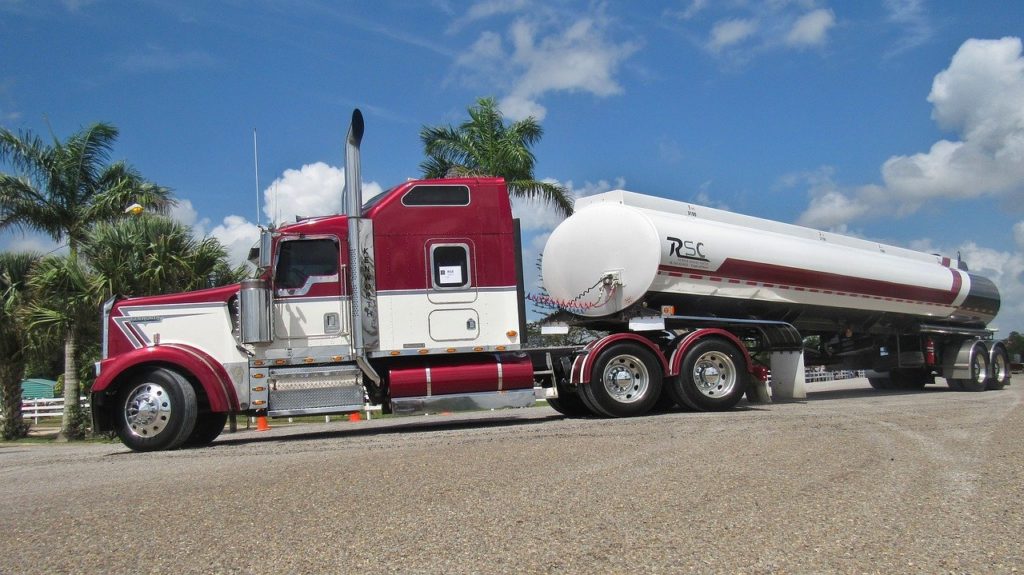
The least common for new drivers would be tanker trailers. These trailers haul anything from hazardous materials like gasoline to food-grade products like milk. Typically companies like their tanker drivers to have more experience because the sloshing liquid can create more hazardous driving conditions.
Doubles
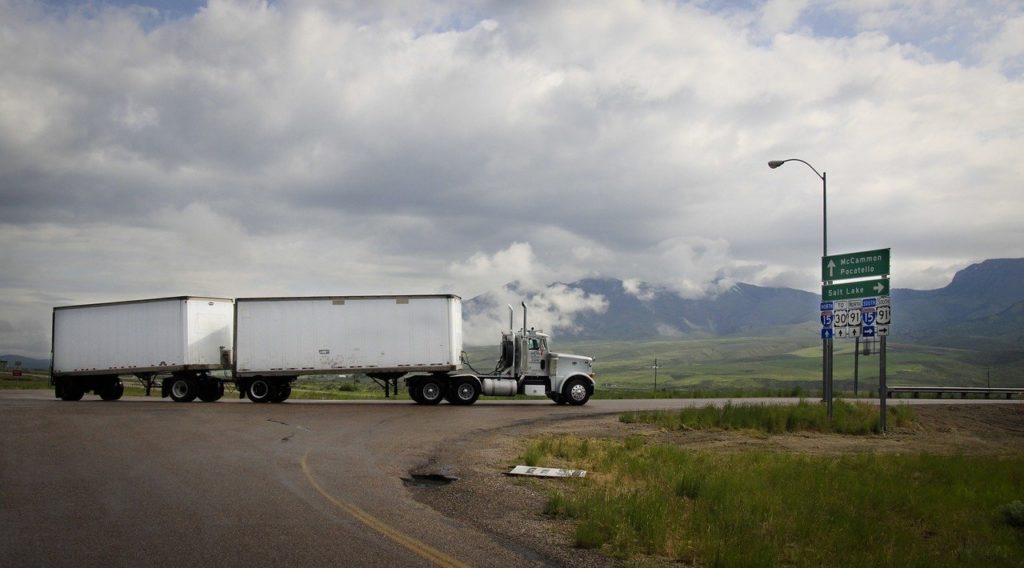
Driving double trailers (sometimes called pup trailers) does require experience but often pays well. As it implies, this is when drivers pull not just one, but two trailers at the same time.
Non-Combination Trucks
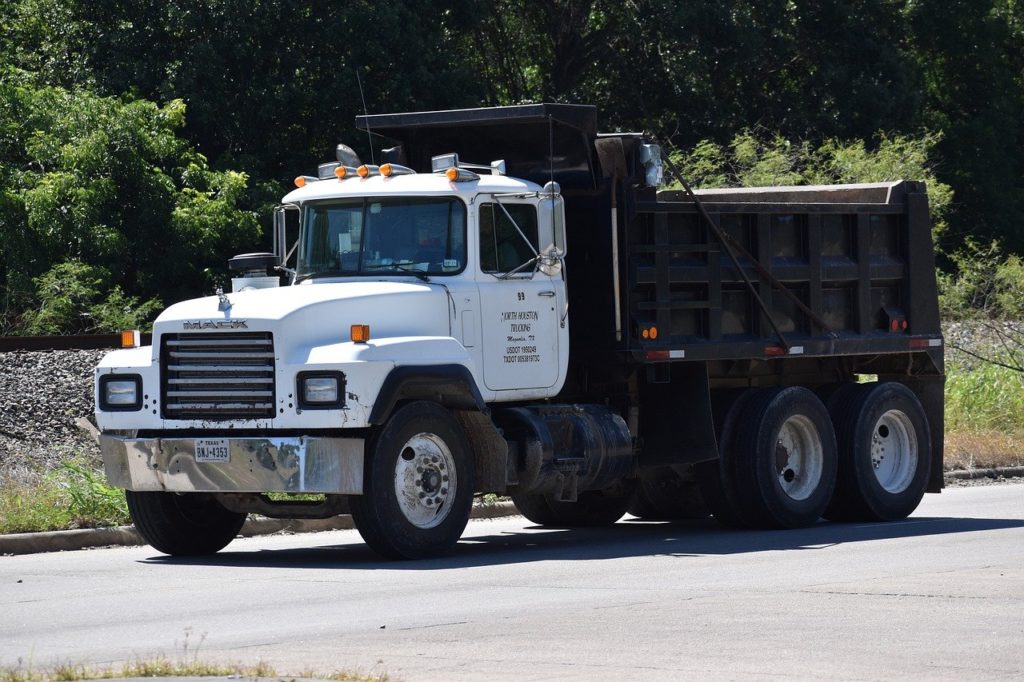
Of course, not all trucks have a trailer! There are many truck driving jobs that require a CDL but do not require that you pull a trailer. From dump trucks to garbage trucks to snowplows to box trucks and all sorts of unique construction equipment, there are many of these jobs available in the trucking industry.
In order to drive a combination vehicle, you will need a Class A CDL. However, you can also obtain a Class B or Class C CDL if you do not plan on driving vehicles with a trailer.
There are obviously many other types of trucks than what I’ve mentioned here, but those are the most common. By far, most new truck drivers start off driving van or reefer trailers.
Obtaining A CDL Is The Ultimate In Job Security
No matter what type of truck driving you end up doing, obtaining a CDL will all but guarantee that no matter where you live in the United States, you will be able to find a job. Trucks are everywhere. From the biggest cities to most rural small towns, you will always find truck drivers, and truck drivers are always in demand.
Truck Drivers Are Needed For The Long Haul
Truck driving is not only a well-paying and rewarding career, but you will also be able to take pride in providing a crucial service to our society. To this day I still miss the feeling of accomplishment when I safely and successfully delivered a load of food or other essential items across the country.
But with automated self-driving vehicles on the horizon, are trucking jobs in jeopardy?
Not a chance.
Think about this. Freight trains operate on tracks with pre-defined routes, and yet, they still need engineers and conductors.
Planes can safely fly by themselves, but airplanes still need a pilot and co-pilot.
With emerging vehicle safety technology, truck driving will become much safer than it is today, but someone will need to be in the driver’s seat for decades to come.
Now that you know how to start truck driving in the U.S., it’s time to take action and get your career started!
